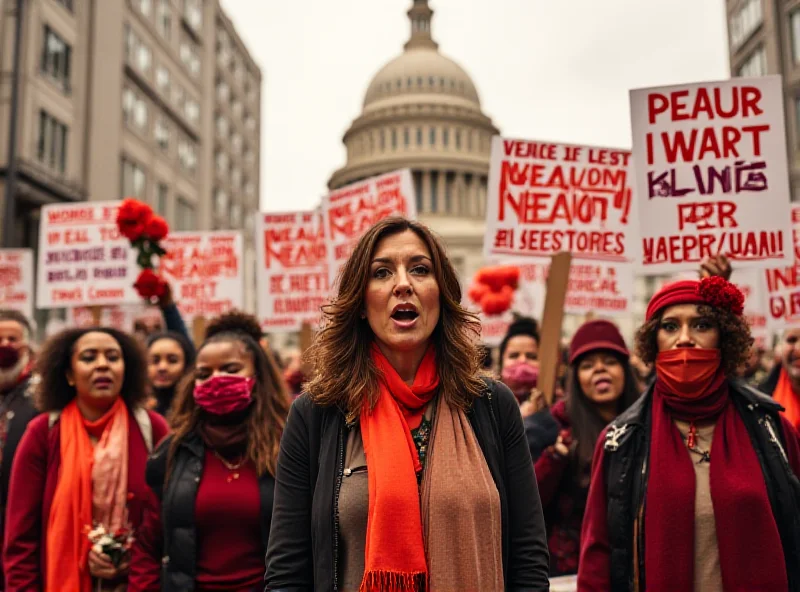This week's political landscape is a diverse mix, spanning from election controversies in Romania to strengthened defense ties in Scandinavia and domestic policy debates in Slovakia. Let's dive into the key developments.
Romanian Election Under Scrutiny
Romania's political scene is currently grappling with the aftermath of annulled presidential elections. The far-right candidate, Călin Georgescu, who initially secured a victory in the first round, is now under police interrogation. Allegations of improper campaign financing have plagued Georgescu since the beginning. "The circumstances surrounding the election are deeply concerning," says political analyst Ana Popescu. "Transparency and fairness are paramount in any democratic process."

Scandinavian Defense Collaboration
Moving north, Denmark and Norway are forging closer ties in defense. The Norwegian Prime Minister has emphasized the mutual benefits of increased defense cooperation and enhanced capabilities. This move signals a commitment to regional security and stability in a complex geopolitical environment.
Slovakia's Domestic Policies and Human Rights Concerns
In Slovakia, the Freedom and Solidarity (SaS) party is pushing the government to legally define single-parent households, arguing that the current administration is neglecting their needs. SaS believes a single-parent household should be legally recognized as one where a single individual is solely responsible for raising children. This comes as Juraj Blanár warned about the violation of human rights and has urged the adoption of peaceful solutions in global conflicts, showing the country's focus on both domestic and international issues.

Furthermore, SaS is also set to propose solutions for the Roma community. Separately, Prime Minister Robert Fico is scheduled to meet with representatives from Gotion InoBat Batteries to discuss potential investment projects, highlighting the government's focus on economic development.
Teacher Pay and Potential Strikes
Meanwhile, tensions are rising in the education sector. School trade union representatives have criticized proposals for above-tariff pay increases, deeming them an insufficient compromise. They are contemplating further actions, including a potential strike, in response to broader proposed changes to the remuneration system in education. The unions are expected to make a decision on their next steps within the next two weeks.

This diverse range of political developments underscores the complex and ever-evolving nature of the global landscape.
